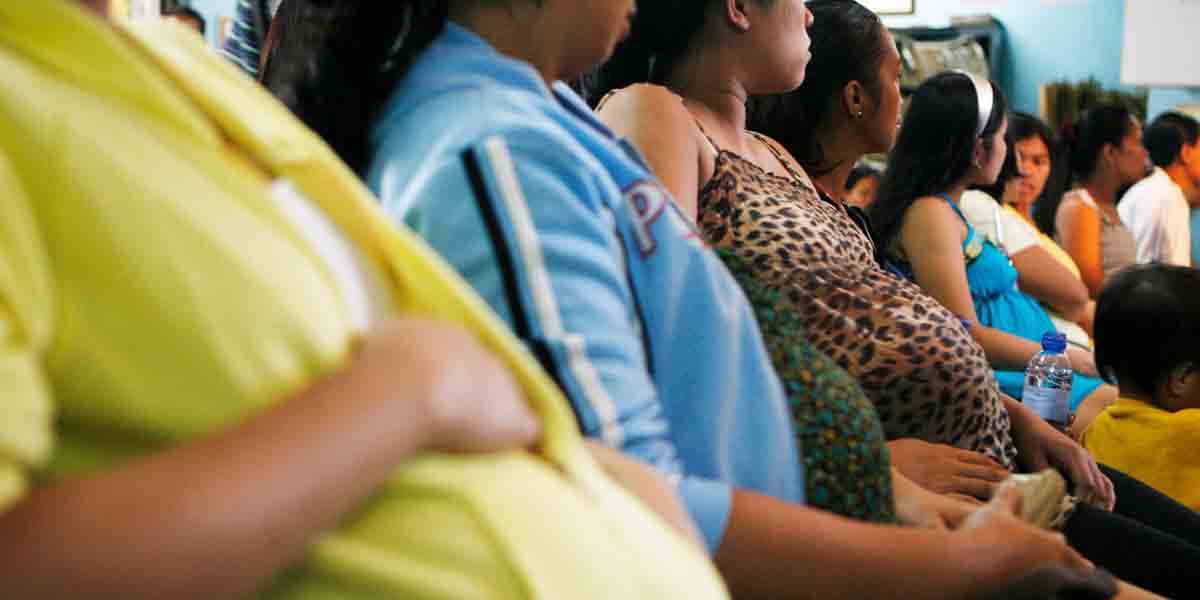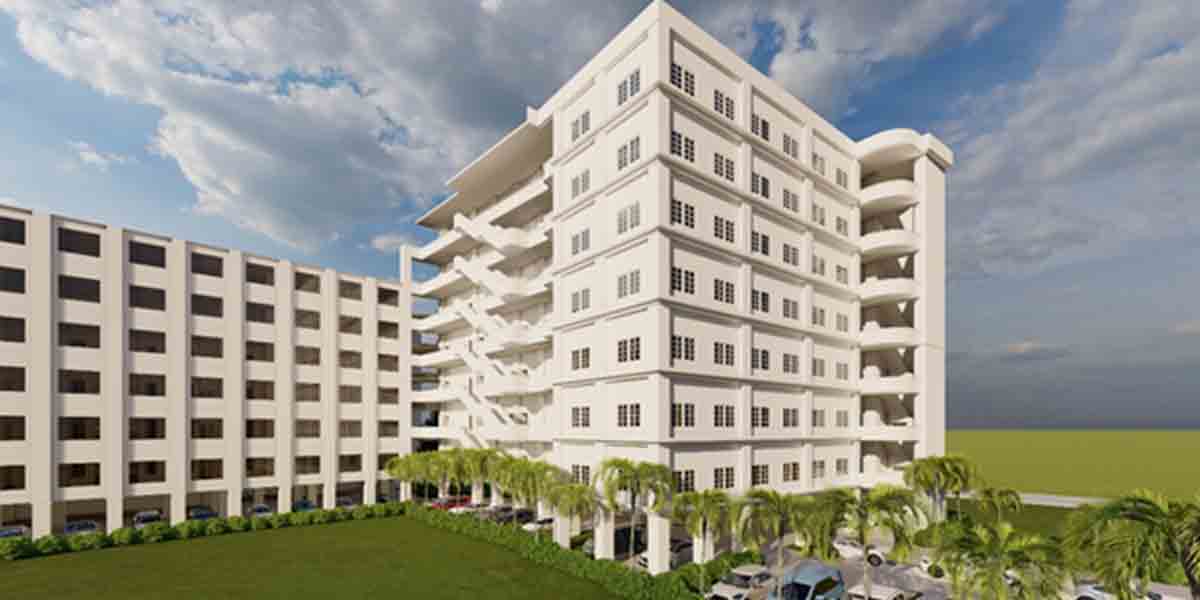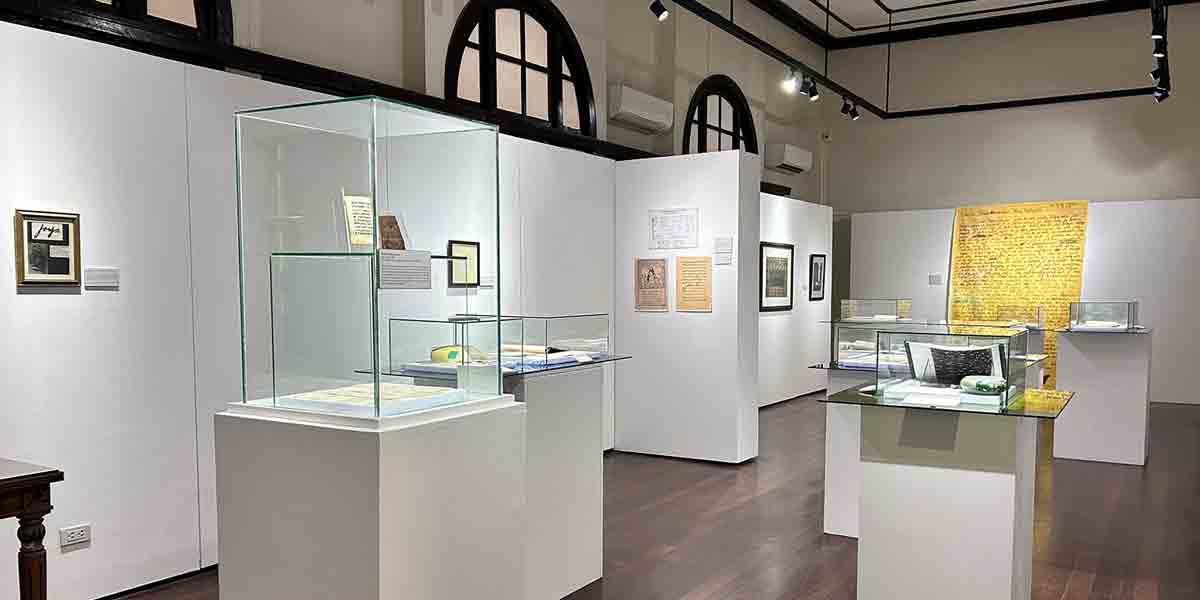By Francis Allan L. Angelo
As the May 2025 midterm elections in the Philippines draw near, the political landscape, particularly in places like Capiz, is being marred by a familiar, albeit regrettable, series of internal conflicts.
These squabbles are not the kind of sophisticated political maneuverings one might hope would dominate the arena. Instead, local politics has devolved into a spectacle of acrimony, credit-grabbing, and relentless mudslinging.
It is no secret that local politics in the Philippines can be as melodramatic and impassioned as the telenovelas that captivate many a Filipino household. The ongoing conflicts among officials in Capiz serve as a textbook example of this phenomenon.
Take, for instance, the recent dispute in Roxas City, where suspended Mayor Receliste Escolin refutes claims made by Acting Mayor Braulio Godfrey Asis about project implementation. This feud exemplifies a broader pattern of power struggles and personal vendettas that have characterized the political climate of the region.
Far from the dignified and constructive debates that citizens might hope to see, these conflicts often degenerate into petty quarrels over matters as trivial as the color of a public plaza.
Mayor Escolin’s pledge to revert the plaza’s color back to yellow—symbolizing development—upon his reinstatement is a testament to the kind of symbolic politics that prioritizes perception over substantive progress.
This tit-for-tat over something as trivial as a color scheme signifies how personal vendettas can overshadow genuine public service.
Similarly, the situation in Sigma where Mayor Dante Rizal Eslabon halts the municipal cemetery construction, citing project irregularities and an untransferred property title, reflects the endemic issues of transparency and accountability.
The added layer of intrigue with former mayor and current Vice Mayor Christopher Andaya’s involvement underscores the deep-seated rivalries that can impede communal growth and development.
Studies on Philippine political dynamics highlight this trend, indicating that local political dynamics are often overshadowed by familial dynasties and patron-client relationships, which can lead to governance centered on self-interest rather than the public good. Other studies illustrate how local politicians tend to engage in credit-grabbing for public projects as a strategy to fortify their political capital and ensure electoral success.*
Moreover, local political discourse has shifted from policy-driven debates to a contest of slandering one’s opponent. This mudslinging is not only counterproductive but also detracts from the genuine needs and concerns of the constituents. It perpetuates a culture of negativity and sows division among the electorate, thereby weakening the foundations of local democracy.
One must ask, where is the room for policy innovation, for tackling the pressing issues of poverty, inequality, and environmental degradation? As argued by scholars from the University of the Philippines in a 2021 study, there is an urgent need for political reform, one that fosters an environment where politicians are held accountable for their actions and where civic engagement transcends beyond electoral cycles.
In the din of these conflicts, the real victims are the constituents. When officials are more focused on settling scores than on serving the public, development stalls, and democracy suffers.
The essence of democracy is distilled in the vibrancy of its local politics. Yet, in places like Capiz, the essence seems to be tarnished by the very individuals elected to uphold it. The current political tableau, with its spectacle of conflicts, is a disservice to the electorate who deserve a focus on robust policy-making and ethical governance.
Local politics in the Philippines, at its worst, becomes a battleground where the spoils of war are the tax-funded projects meant for the people.
As election season intensifies, it’s crucial to remember that the ballot box is the people’s tool for change.
Voters must look beyond the colorful facades of political dynasties and choose leaders capable of rising above the fray, dedicated to the ideals of transparency, accountability, and genuine public service.
It is only through such conscious and informed choices that the electorate can transform the nature of local politics from one of discord to one of constructive debate and progress.
The upcoming elections are not just a political juncture but a moral crossroads. It is a chance to redefine the trajectory of local governance, to demand a politics of substance over spectacle.
The hope lies in the possibility of a renewed political landscape, one where the contest of ideas supersedes the brawl of egos, and where public service is restored to its rightful place—as a noble profession aimed at the betterment of society.
As the election season intensifies, the people are left with a choice: to continue endorsing a political theater mired in personal animosities or to elevate the discourse towards a more constructive and inclusive future.
The future of local governance hangs in the balance, and it is the voice of the electorate that has the power to tip the scales towards progress or to perpetuate the status quo of division and discord. The onus is on the voters to decide what brand of politics will define their future.
___________________
























